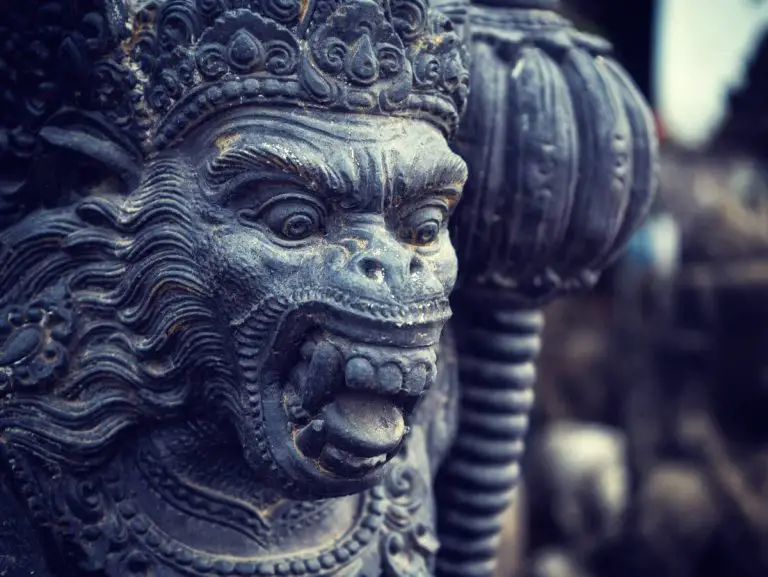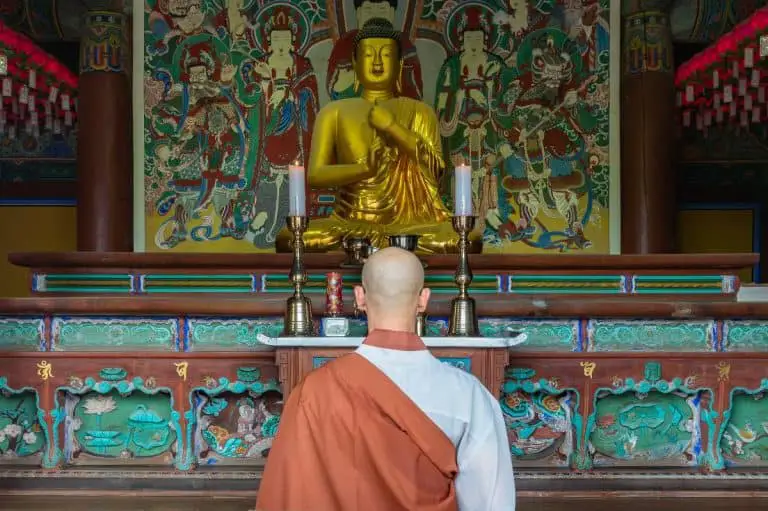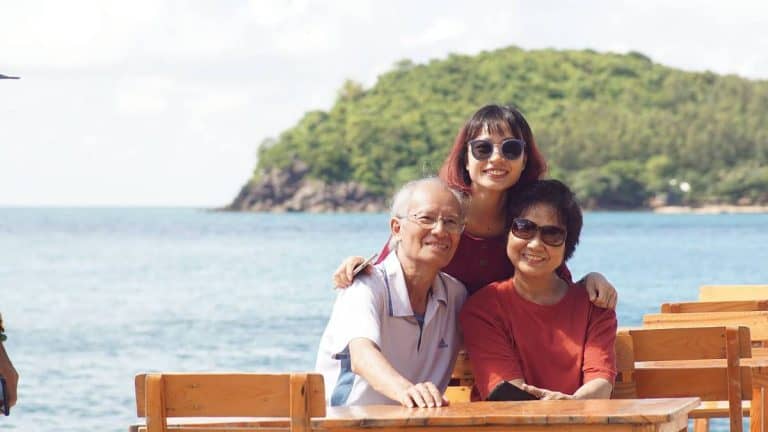Understanding Lèse-Majesté: The Royal Insult Law and Its Impact
In a world where freedom of expression is increasingly valued, some countries still maintain special legal protections for their monarchs and heads of state. Among these protections, lèse-majesté laws stand out as particularly controversial, especially for expatriates and visitors unfamiliar with their scope and application.
At BetterLivingAsia, we believe that understanding lèse-majesté and other local laws is essential for anyone considering relocating to or visiting Asian countries, particularly Thailand, where such laws remain actively enforced.
Key Takeaways:
- Lèse-majesté laws criminalize insults against monarchs or heads of state, with Thailand implementing one of the world’s strictest versions through Section 112 of its Criminal Code.
- These laws have ancient origins dating back to Roman times but have evolved differently across cultures, balancing royal protection against freedom of expression concerns.
- While most European monarchies have weakened or abolished such laws, countries like Thailand and Cambodia maintain strict enforcement, leading to significant human rights concerns.
What Is Lèse-Majesté?

Lèse-majesté, a term derived from Latin “laesa maiestas”, meaning “injured majesty,” refers to the crime of violating or insulting the dignity of a reigning sovereign or state figure. It traditionally encompasses acts of defamation, insult, or any form of disrespect shown toward a ruler or respected authority.
This concept has deep historical roots, stretching back to ancient Rome. The crime originated in the Roman Republic, was expanded during Emperor Tiberius’ reign (14-37 AD), and was later codified in the Corpus Juris Civilis during the Byzantine Empire. Throughout history, these laws have served as tools to protect the dignity and authority of rulers.
Thailand’s Lèse-Majesté Law: Section 112
Thailand’s lèse-majesté law, codified in Section 112 of the Thai Criminal Code, is among the world’s strictest. The law makes it illegal to “defame, insult, or threaten the king of Thailand, the queen of Thailand, the heir to the throne of Thailand, or the regent of Thailand.” Violations carry severe penalties, with imprisonment ranging from three to fifteen years per offense.
The modern Thai lèse-majesté law has been on the statute books since 1908, but its scope has expanded over time. A significant change occurred in 1957 when the law was modified to forbid insults in addition to threats and defamation, broadly expanding its applicability. The offense was reclassified from a crime against the monarchy to a crime against national security.
Cultural Context and Significance
Understanding lèse-majesté requires appreciating its cultural context. In Thailand, the monarchy has traditionally been viewed as a sacred institution central to national identity. The law reflects Thailand’s deep reverence for its monarchy, which is viewed as a central pillar of Thai identity and unity.
Supporters of these laws often point to cultural-legal circumstances specific to their countries. Thai legal scholar Borwornsak Uwanno has argued that countries limit free speech according to their specific cultural-legal circumstances. This perspective suggests that what might seem like restrictions on freedom of expression in one culture can be considered core values in another.
Global Perspective on Lèse-Majesté Laws
Lèse-majesté laws exist in various forms around the world, though their scope and enforcement vary considerably:
European Monarchies
With the decline of absolute monarchy in Europe, lèse-majesté came to be viewed as a less serious crime. Many European countries have weakened or abolished such laws, though some still maintain limited protections. For instance, in Denmark, insulting the monarch can lead to imprisonment of up to four months, with the possibility of doubling the punishment under specific circumstances.
Southeast Asian Countries
Apart from Thailand, Cambodia also maintains strict lèse-majesté laws. Cambodia’s law, passed in 2018, carries an obligatory prison term that human rights organizations consider an egregious departure from principles of necessity and proportionality.
In Malaysia, though not technically a lèse-majesté law, the Sedition Act serves a similar function, protecting the country’s nine royal families from criticism or insult.
Republics with Similar Laws
Interestingly, some republics have adopted similar protections for their heads of state. Poland’s penal code imposes penalties of up to three years’ imprisonment for publicly insulting the President. Russia has also established laws criminalizing “disrespectful” statements about government officials, including the President.
Human Rights Concerns
The enforcement of lèse-majesté laws has drawn significant criticism from human rights organizations. UN human rights experts have expressed grave concerns over Thailand’s increasingly severe use of these laws to curtail criticism of the monarchy, stating that “lèse-majesté laws have no place in a democratic country”.
Critics argue that these laws:
- Restrict freedom of expression and open discourse
- Can be misused to target political opponents
- Impose disproportionate penalties for non-violent speech
- Create a chilling effect on public debate
The law has been viewed by dissenting political activists as a block on full and open discussion about the country’s lopsided concentrations of political and economic power.
Recent Developments and Enforcement
Thailand has seen fluctuations in the enforcement of its lèse-majesté law. Recently, there has been a surge in prosecutions for people accused of insulting the Thai monarchy. The law is so sweeping that almost anyone who threatens political elites can be prosecuted under it, creating fear among opposition politicians, civil society, activists, and ordinary citizens.
Some cases have drawn international attention for their severity. In January 2021, a Thai court sentenced a woman to over 43 years in prison for sharing audio clips deemed insulting to the monarchy, one of the harshest penalties ever imposed under this law.
Practical Considerations for Expatriates and Visitors
For foreigners living in or visiting Thailand, awareness of lèse-majesté laws is crucial. Even casual comments that might seem harmless in other contexts could potentially lead to serious legal consequences if perceived as disrespectful to the monarchy.
Here are some practical guidelines:
- Be mindful in conversations: Avoid critical discussions about the monarchy, especially in public settings.
- Exercise caution on social media: Be careful about what you post, share, or even like regarding Thailand’s royal family.
- Respect cultural norms: Understanding and adhering to local customs regarding the monarchy is essential.
- Seek legal advice if needed: If you’re concerned about potential issues, consult with legal experts familiar with Thai law.
The Debate: Freedom of Expression vs. Cultural Respect

The discourse around lèse-majesté laws often centers on the tension between freedom of expression and respect for cultural institutions. While many international human rights organizations have criticized these laws, citing concerns over freedom of speech, the Thai government and many Thai citizens maintain that the law is necessary to preserve the country’s unique culture and respect for the monarchy.
This debate raises important questions about the universality of human rights principles versus cultural relativism. It also highlights the challenges of navigating different legal and cultural landscapes in our increasingly globalized world.
Reform Movements and Future Outlook
In recent years, calls for reform of lèse-majesté laws have grown louder, particularly in Thailand. Some argue that suspending or reforming these laws could potentially strengthen the monarchy by aligning it with modern democratic principles.
However, change has been slow and inconsistent. The youth-led protests in Thailand in 2020-2021 included unprecedented calls to reform the monarchy, including the abolition of Article 112. These movements suggest a potential shift in public attitudes, especially among younger generations.
FAQs
Do lèse-majesté laws apply to foreigners in Thailand?
Can social media posts made outside Thailand violate lèse-majesté laws?
How common are lèse-majesté prosecutions in Thailand?
Are there any exceptions or defenses to lèse-majesté charges?
How do other constitutional monarchies handle criticism of their royal families?
Conclusion
Understanding lèse-majesté laws is essential for anyone living in or visiting countries where they remain in force. While these laws may seem anachronistic to outsiders, they are deeply embedded in the cultural and legal frameworks of countries like Thailand. As expatriates or visitors, respecting local laws while navigating the complex terrain of freedom of expression requires awareness, sensitivity, and informed judgment.
At BetterLivingAsia, we’re committed to helping you understand these cultural and legal nuances as you embark on your journey in Asia. While we believe in respecting local customs and laws, we also value informed decision-making and awareness of the broader context in which these laws exist. Whether you’re planning a short visit or considering a permanent move to Thailand or other Asian countries, understanding these distinctive legal provisions is a crucial part of your preparation.
Have you encountered unfamiliar laws or cultural practices during your travels or expatriate experience? We’d love to hear your stories and questions about this matter.






